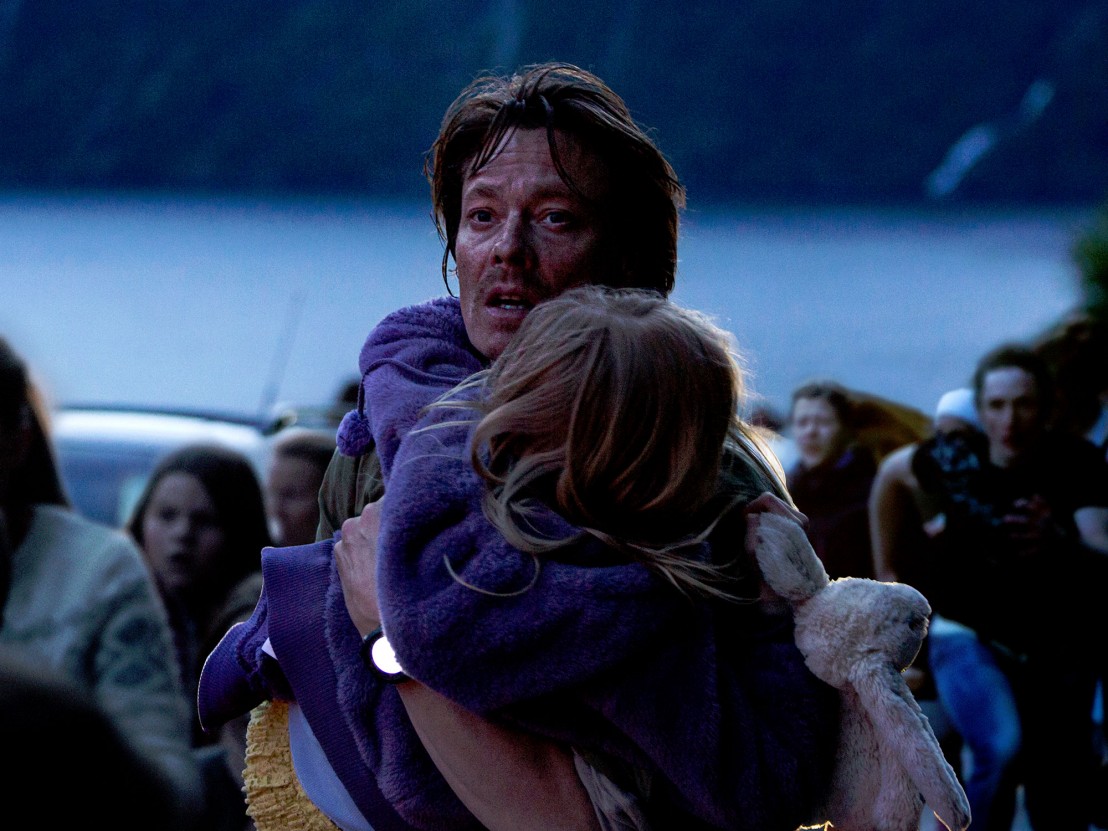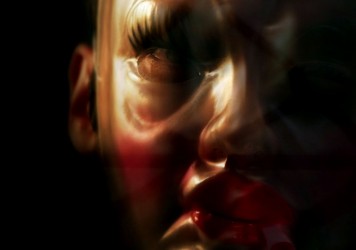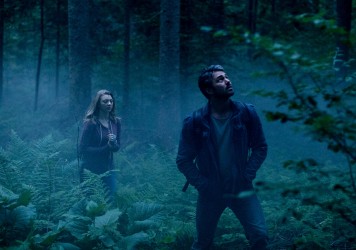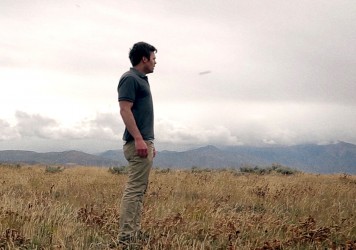
Norwegian disaster movie The Wave was among the highlights of Scotland’s annual carnival of genre.
When Sister Sledge sang “we are family” in 1979, they were referring to the fact that their four members were actual siblings. Since then those three words have been adopted as a catchcry by FrightFest to capture the sense of close community among genre fans – related if not by genes, then certainly by blood. FrightFesters are indeed family, just not of the nuclear variety (unless Jupiter’s irradiated clan in 2006 remake of The Hills Have Eyes counts).
As the unit of human currency upon which societies (and their many taboos) are founded, family is also, unsurprisingly, a frequent preoccupation of horror – and at this year’s Glasgow FrightFest, the family theme kept reechoing, as both mirror and counterpoint to the audience.
Take Roar Uthaug’s The Wave, which humanises its geological disaster scenario with a parallel domestic drama. “We’re not splitting up,” geologist Kristian Eikjord (Kristoffer Joner) reassures his young daughter after he has has a minor argument with his wife, “Everything will be fine again.” Yet splitting and upheaval of another kind threaten this family’s core integrity, as a massive teetering rock separates itself from a cliff face into the fjord below, sending a tower of water towards the Eikjords’ picturesque village of Geiranger.
Separated – at least physically – from his wife and son, Kristian must fight through overwhelming devastation to bring his family back together, and so a highly plausible future disaster scenario is exploited for cataclysmic spectacle, while simultaneously used as a metaphor for underlying tensions in the family structure. What Kristian and his loved ones learn is that while nature cannot be reversed, family – and society – can always be rebuilt.
Yet as Uthaug once again brings genre to Norway (as he did with his 2006 slasher Cold Prey, glimpsed briefly on a character’s television set here), there is little doubt, amid all the mass destruction and death, that the nice Eikjords will weather the storm and resume their disrupted lives of bourgeois contentment. In this respect, Kevin and Michael Goetz’s Martyrs proved more appealing – although in every other respect this remake of Pascal Laugier’s 2008 shocker is an inferior product. For its first half slavishly imitates the original, its second half unnecessarily alters it, both to equally pointless effect.
The icky messiness that gave Laugier’s film its visceral impact has been watered down and sanitised here, while the genuinely transcendent ending of the original is banally reduced to a eulogy for friendship. Yet what has been retained, and becomes welcomely subversive in this new transatlantic context, is the cornfed, thoroughly middle-class nuclear family at the film’s core. It is the kind of family that embodies the very values of the American dream – and yet here, that family’s affluence and success, indeed its whole way of life, has been built upon the suffering of the marginalised and the misfortunate that it places quite literally beneath itself. Significantly, the heroines are both orphans, liberated from the norms of family structure that are here exposed as so viciously exploitative.
The Devil’s Candy, Sean Byrne’s long-awaited follow-up to 2009’s The Loved Ones, opens in a Texan farmhouse, with track-suited man-child Ray (Pruitt Vince Taylor) playing power chords on his amped-up Gibson Flying V to drown out the demonic voices in his head. When Ray’s parents get in the way of his throbbing noise, he murders them. The focus then shifts to the Hellman family, who move into this home with a grisly history – and who are the kind of alternative family with whom FrightFesters will easily identify.
With his tattoos, his Manson-esque grooming and his love of the demon weed and the devil’s music, painter Jesse may look the part of Satanic vessel, but is in fact (like so many horror fans whose appearance he replicates), a sweet-natured pussycat. He is also caught in a Faustian predicament, having to compromise himself on art commissions from banks to pay the mortgage, or to exaggerate his badboy image for hipster galleries. The farmhouse awakens in Jesse a new, sinister drive, even as Ray returns with devilish designs on Jesse’s teen daughter Zooey (Kiera Glasco).
Byrne’s film plays upon the dynamic contrast between these two ‘family men’, often cross-cutting between their actions: Ray enacting his darker urges in unspeakable outrages against the innocent, Jesse sublimating them in his ‘wonderfully disturbing’ art. Yet while The Devil’s Candy presents itself as an archetypal clash of good and evil, and wraps itself in Christian iconography and ideology, its conflict takes place as much within as between Jesse and Ray, so that its drama of errant masculinity comes with a decidedly psychological edge.
Meanwhile the audience is wrenched this way and that in trying to determine whether, as his family life keeps getting in the way of his calling, the sympathetically presented Jesse might just possibly be a Ray in the making. No doubt Byrne is here working through some of his own feelings as an artist and family man – and his great restraint in letting the film’s most monstrous acts take place in our heads rather than on screen pays horrific dividends, placing The Devil’s Candy in the same genetic line of dysfunctional Southern households that includes The Texas Chain Saw Massacre.
Special mention should also go to Johannes Roberts’ The Other Side of the Door and Sonny Mallhi’s Anguish, both of which use the genre frame of ghostly possession to limn the traumatic impact of a child’s death on a family’s makeup, and both of which, in focusing on isolated mothers whose husbands are largely absent, easily pass the Bechdel test. What is more both, importantly, show that a family disrupted once may well be disrupted forever – which can only be good news when it comes to fuelling the fucked-up fantasies of FrightFest’s freakish if friendly extended family.
Published 29 Feb 2016

By Anton Bitel
Derek Mungor’s perspective-flipping horror, You Are Not Alone, is available on Blu-ray and DVD this month.

By Herman Clay
Natalie Dormer gets lost in the woods in this woeful horror from first-time director Jason Zada.

By Anton Bitel
There lots to admire in Michael Shumway’s directorial debut about an all-out extra-terrestrial invasion.